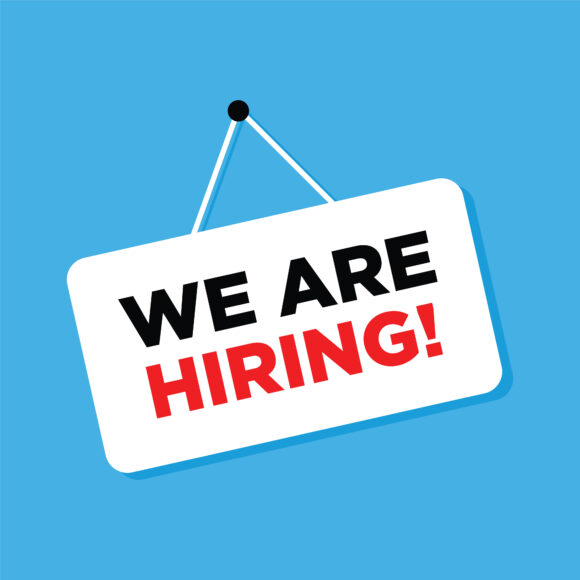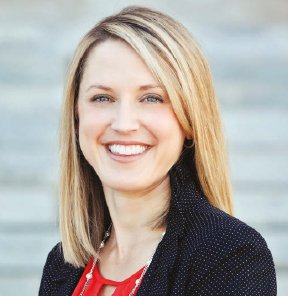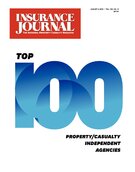In today’s hyper-competitive talent market, gaining a recruiting edge doesn’t require reinventing the wheel. To use a sports analogy, think about recruitment like the NFL. Every team is so talented that you see more single-digit victories than blow outs. In that sense, there are opportunities to stand out from other insurance organizations recruiting the same types of candidates.
Trending topics about talent acquisition like Employer Value Proposition (EVP) and Employee Experience (EX) are good places to start. Implementing them can significantly improve critical hiring metrics like Time-to-Fill and Offer Acceptance Rate.
Employer Value Proposition (EVP)
Your EVP answers a simple but essential question, “Why should an insurance professional want to work at our company?” The appeal of your job description might get a candidate to apply, but your culture and EVP are what compel them to remain engaged and accept an offer.
Often, culture is discussed informally during interviews–when a hiring manager shares their background or when conversations organically drift into career experiences. While this is important, EVP can and should be more deliberate.
Build an EVP Toolkit to communicate your value as an employer clearly and consistently. Here’s how.
- After Receiving a Job Application: Respond with a company overview (“About Us” or “At a Glance”) with key stats and achievements.
- In Your Initial Outreach: Outline the entire interview process, including what candidates should prepare for (profile assessments, number of interviews, references, background checks, drug screens, business plans, case studies, presentations, etc.).
- Before the First Interview: Send a personalized welcome message from the hiring team, including bios and contact info, as a part of the interview confirmation.
- After the First Interview: Include in your “thank you” email to the candidate information about benefits, PTO, and other employer-sponsored perks/contributions.
- Before The Second Interview: Send information about how the company promotes continuing education and career development opportunities.
- After the Second Interview: Show candidates how their passions and interests connect with the company’s charitable initiatives and community involvement.
- To Close Out the Interview Process: Point applicants to online content from employees–reviews, testimonials, awards, and recognitions.
Employee Experience (EX)
Think about your approach to selling insurance. You take the time to understand a client’s needs, build trust, and personalize the experience. If all you offered were policy terms, rates, and renewal schedules, the relationship would feel transactional–and it wouldn’t take long for another agent who asks about their family to win that client over.
Recruiting is no different. When candidates are treated impersonally, it sounds like: “I RECRUITER. YOU CANDIDATE. I HAVE JOB. YOU WANT?”
That robotic approach is, unfortunately, what many candidates experience. Common complaints include:
- “I never heard back about my application.”
- “The interviews seemed positive, but all I received weeks later was a generic rejection.”
- “I was told I was a finalist, but weeks have passed without any updates.”
A stronger Employee Experience creates meaningful moments throughout the process. With an EVP Toolkit in hand, the next critical step is improving communication. Timely follow-ups, personalized touchpoints, and transparency throughout the hiring journey make candidates feel valued–not just evaluated.
Why This Matters for Insurance Agencies
Technology has accelerated how quickly job information spreads, but in that rush agencies risk sacrificing the most human part of recruitment: relationship-building. Focusing on EVP and EX forces hiring teams to slow down and be intentional, fostering real connections between candidates and hiring managers.
This is especially crucial in insurance, where recruiting often involves a double sale: explaining why insurance is a great industry and why your agency is the best place to work within it. That makes the little things–the thoughtful touches, the personal messages, the clear communication–even more important.
In a relationship-driven business with strong career longevity, insurance professionals who go through a job search remember their experiences. A positive, personal recruiting process helps you fill jobs faster and build a reputation that attracts top-tier talent for years to come.
Was this article valuable?
Here are more articles you may enjoy.



 AIG’s Zaffino: Outcomes From AI Use Went From ‘Aspirational’ to ‘Beyond Expectations’
AIG’s Zaffino: Outcomes From AI Use Went From ‘Aspirational’ to ‘Beyond Expectations’  Florida’s Commercial Clearinghouse Bill Stirring Up Concerns for Brokers, Regulators
Florida’s Commercial Clearinghouse Bill Stirring Up Concerns for Brokers, Regulators  US Appeals Court Rejects Challenge to Trump’s Efforts to Ban DEI
US Appeals Court Rejects Challenge to Trump’s Efforts to Ban DEI  Insurance Broker Stocks Sink as AI App Sparks Disruption Fears
Insurance Broker Stocks Sink as AI App Sparks Disruption Fears 



